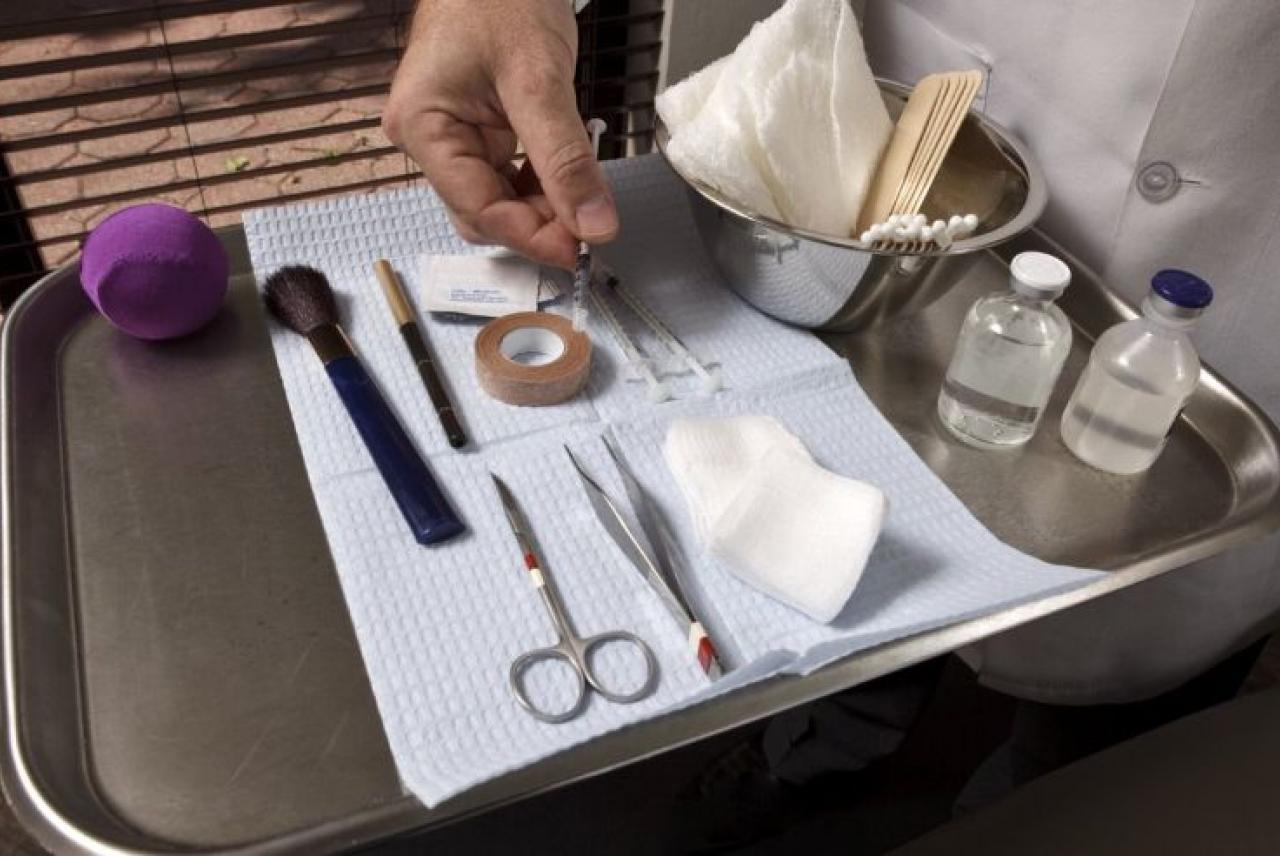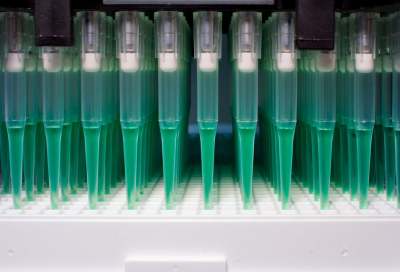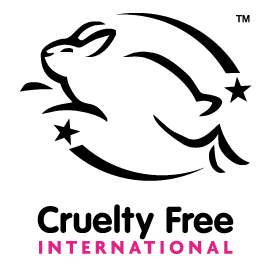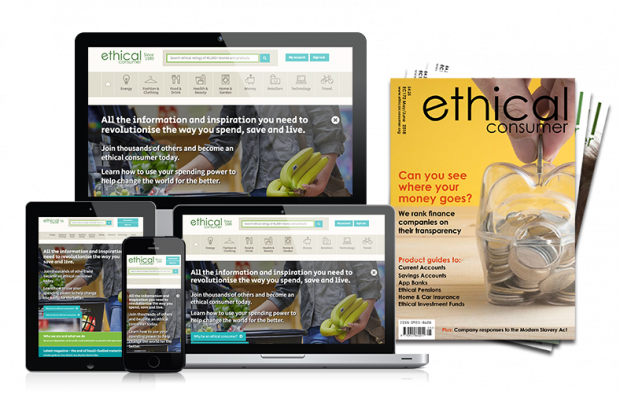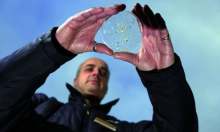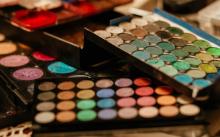The European Union introduced a ban on the testing of finished cosmetic products (shampoo, make-up, toothpaste, etc.) on animals in 2004. Five years later, it also ended the testing of ingredients, following this up with a ban on the import and sale of new cosmetics tested on animals abroad, in 2013.
But there is also conflicting legislation within the EU which makes the ingredients test ban a bit of a con. The Registration, Evaluation, Authorisation and restriction of Chemicals (REACH) – an EU chemical safety regulation – has been requiring all chemicals used in Europe to be re-tested for safety by June 2018. While the guidelines ask organisations to use available non-animal tests where possible, some of the chemicals that are used in cosmetic products will have been tested on animals for REACH.
Other countries outside the EU have also implemented bans (see below). But 80% of the world still allows cosmetics to be tested on animals.
According to Humane Society International, as many as 500,000 animals are being tested on across the world each year with the largest proportion of these animals – more than 375,000 in 2015 – being used to meet test requirements in China alone. While many of the brands featured in this guide have a commitment not to test on animals, many, like L’Oréal, have a caveat which states “except when required by law”.
Global report – ending animal testing for cosmetics
For over 50 years, animals have been used in tests in an attempt to measure the safety of some chemicals found in cosmetic and household products. Many animals are still subjected to cruel and painful tests across the world to bring a new eyeshadow or cologne to the market. That’s why, for over 20 years, Cruelty Free International has been working tirelessly to end the cruelty and suffering.
